Trump Administration Cancels $500M in mRNA Vaccine Projects, Citing Safety Concerns
President Donald Trump’s administration announced on Tuesday (Aug 5) that it is terminating 22 federal contracts tied to mRNA-based vaccine development, raising fresh concerns among scientists about the future of a technology widely credited with saving millions of lives during the COVID-19 pandemic.

The announcement was made by U.S. Health Secretary Robert F. Kennedy Jr., a known vaccine skeptic, who emphasized a shift in federal health policy toward alternative vaccine platforms.
“We reviewed the science, listened to the experts, and acted,” Kennedy said in a statement. He claimed that the terminated projects failed to offer adequate protection against upper respiratory infections like COVID-19 and influenza.
The Biomedical Advanced Research and Development Authority (BARDA) will be withdrawing nearly US$500 million in funding from various projects, including Moderna’s mRNA bird flu vaccine and proposals from pharmaceutical leaders Pfizer and Sanofi.
“Let me be absolutely clear: HHS supports safe, effective vaccines for every American who wants them,” Kennedy added. “That’s why we’re moving beyond the limitations of mRNA and investing in better solutions.”
While some late-stage projects have been spared to protect taxpayer investment, several early-stage ventures and pending solicitations have been canceled.
The decision is part of a broader overhaul by Secretary Kennedy, who has long been associated with anti-vaccine narratives. Since taking office, he has dismissed a government panel of vaccine experts and replaced them with his own appointees. In their first meeting, the new panel voted to ban a widely used vaccine preservative, despite a strong safety record.
Kennedy has also greenlit a new study investigating a debunked theory linking vaccines to autism—an idea repeatedly refuted by global health authorities.
mRNA vaccines—such as those developed by Pfizer-BioNTech and Moderna—rely on genetic instructions to train the immune system to recognize and combat infectious diseases. Their rapid development and deployment were made possible through Operation Warp Speed, a Trump-era initiative that accelerated vaccine research with massive federal funding.
In 2023, scientists Katalin Kariko and Drew Weissman received the Nobel Prize in Medicine for pioneering work in mRNA vaccine technology, which helped revolutionize the global response to COVID-19.
Despite their proven effectiveness and scientific acclaim, the Trump administration’s move signals a dramatic departure from previous U.S. health strategies, sparking debate over the future of vaccine innovation in America.






